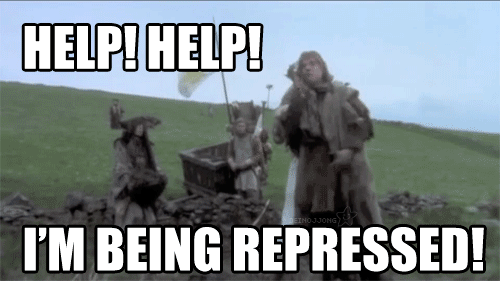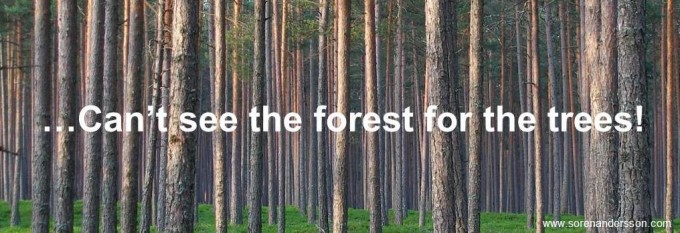Reading Wallerstein's article made me struggle to understand Freire's concept of problem-posing. Doing some google-fu gave me a better idea of what “problem-posing” means, but I’m still not sure I
can fit the name together with the idea?
The internet explains to me that Freire’s Problem-Posing is
about dialogue education, where students and teachers learn with one another. It
sounds like this is intended to create an environment of trust and freedom,
liberating students from the repression of “received knowing” where the teacher
is an authority and the student is an empty vessel to be filled with
knowledge.
Learners enter into the process of learning not by acquiring facts, but by constructing their reality in social exchange with others.
To achieve this education, Freire proposes a dialogical approach in which everyone…participates as co-learners. The goal of dialogue education is critical thinking (or “concienzation” from the Portugese) and action. Critical thinking starts from perceiving the root causes of one’s place in society—the socioeconomic, political, cultural, and historical context of our personal lives. But critical thinking continues beyond perception—toward the actions and decisions people make to shape and gain control over their lives. True knowledge evolves from the interaction of reflection and action (or praxis) and occurs “when human beings participate in a transforming act.” (p.34)
This implies that dialogue education needs to be
transformative, and that action is an inherent part (and intended consequence) of that transformation. I
guess I’m lost about where and how problem-posing leads to critical thinking? Is it assumed that dialogue will bring about critical thinking? Is it assumed that students already possess critical thinking skills? Is teaching/understanding critical thinking a part of the dialogue that happens between teacher and student? I feel like there's this jump from joint dialogue ... directly to critical thinking, transformative learning, and action. I can't help but feel like there's an ocean of content lost somewhere in there. I understand that the content is in the dialogue: I guess I just don't understand the framework of how we get from one place to the other.
At least it's a relief that I’m well and thoroughly lost, but in good company.


I think I may be trying to frame Freire's model in the context of our class, and that may be where I'm hung up.
ReplyDeleteAH! Janks Chapter 2 spoke to me: In speaking about literacy being at the intersection of language and power: "...literacy education more specifically is not a neutral activity. 'Curriculum is to be understood as constituting a particular, unavoidably partial "selection" from the culture.' (Green, 2002: 9). These selections are positioned and positioning: the language that is chosen as the medium of instruction, the literary texts that are prescribed, the particular selections of popular culture for inclusion (or exclusion) are some examples. All of these choices are fundamentally political along with the questions of: Who decides? Is the curriculum imposed from above by the government? Do teachers decide? How much say do students have?"
ReplyDeleteAH! This is the a-ha moment I was waiting for, I think: In talking about the power dynamic inherent in education, and then hitting the Freirean model of dispersed power (equaled between student and professor), I felt the pull of conflict, but couldn't voice where my conflict was coming from! I think it's coming from that last part: Who decides? Do teachers decide? How much say do students have? <-----A-ha!
Yes, Caitlin, I think you are getting it! The essential feature of problem posing is it "democratizes" the classroom by leveling the power relationships between students and teacher (who is also learning with the students, who are also teaching!). Also, the term "critical thinking" is loaded with zillions of different meanings. When Freire uses this term it has a specific connotation that comes from the Frankfurt School of political philosophy called Critical Theory. In this school, CT is always concerned with power and social inequalities. So, precisely as you worked out above, the problem posing approach leads to critical thinking on at least two levels: (a) the empowered role of students in the classroom, and (b) conscientization re: the world outside....Great job using the blog for this exact purpose: to work on these rich and strange and life enhancing ideas! on Wrestling with Problem-Posing
ReplyDelete